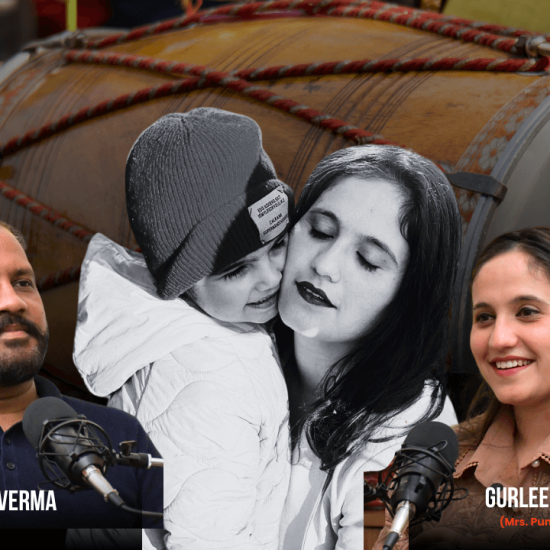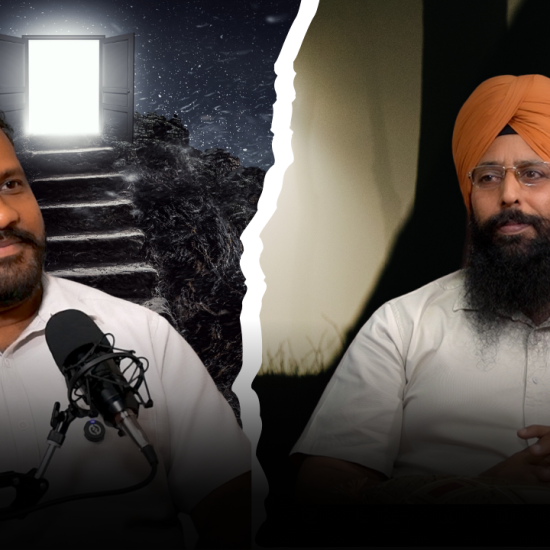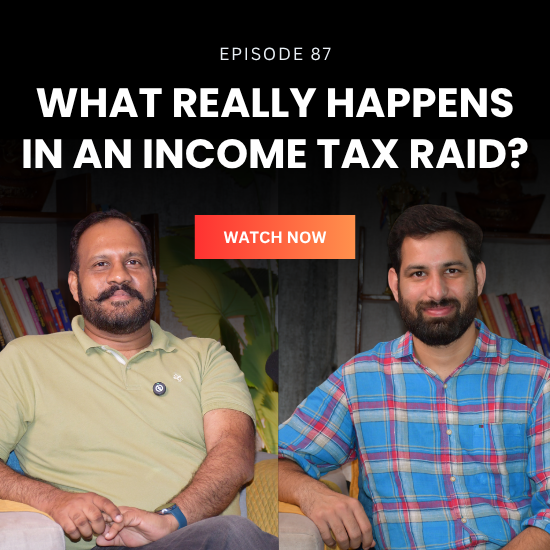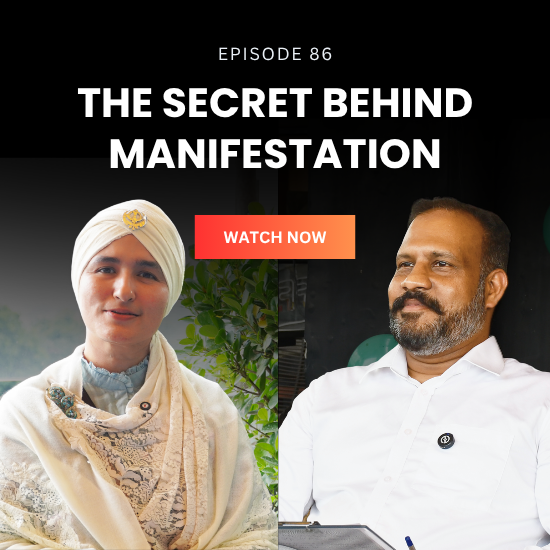As we come to the close of this heartfelt conversation with Shamsher Singh Ji, one thing becomes clear: the work being done at Prabh Aasra is not just about providing food, shelter, or medical aid. It is about restoring dignity, hope, and humanity to those who have been forgotten by society. The stories we heard — of abandoned children, elderly parents left alone, and individuals battling mental health struggles — remind us of the silent suffering happening all around us.
Shamsher Singh Ji’s journey shows us the power of one individual’s faith and courage. What began with small acts of kindness grew into a movement of compassion, guided by Guru Nanak Dev Ji’s timeless teachings. Prabh Aasra today stands as living proof that when humanity fails, true seva can give people a second chance at life.
Another powerful theme that emerged from this conversation is the urgent need for mental health awareness. As Shamsher Singh Ji shared, mental health is like the software of our lives — when it breaks down, everything else collapses. In a society where anger, stress, and depression are on the rise, we must prioritize compassion, forgiveness, and emotional resilience. His words remind us that true strength lies not in revenge or ego, but in the ability to forgive and uplift others.
We also explored the broader role of government, corporates, and education in shaping a better future. Shamsher Singh Ji called for policies that protect abandoned elders, corporate responsibility in funding welfare initiatives, and a stronger focus on value-based education that builds character and humanity, not just careers. This is not just Prabh Aasra’s mission — it is a collective responsibility for all of us.
Ultimately, this conversation is a call to action. It challenges us to reflect on our own lives: Are we living with compassion? Are we making time to care for our elders? Are we teaching our children human values, not just academic knowledge? Every small act of kindness can create a ripple effect, and together, we can build a society where no child, no elder, and no soul is left abandoned.
On behalf of our team, we thank Shamsher Singh Ji for sharing his wisdom, courage, and vision with us today. May this episode inspire each one of us to live more consciously, to extend a hand where it is needed, and to keep alive the spirit of seva. Because as this conversation beautifully reminded us: when society forgets, humanity must remember.
🔔 Don’t forget to subscribe & share if this conversation resonated with you!
🔔 Don’t forget to subscribe & share if this conversation resonated with you!
Frequently Asked Questions
Certainly! Here are some potential questions and answers based on the podcast conversation:
From childhood, I was influenced by Guru Nanak Dev Ji’s teachings, taught by my father. Incidents like the death of a close friend and seeing helpless children and elders suffering made me question life and think deeply about humanity. These experiences planted the seed for Prabh Aasra.
We have seen newborn babies abandoned in unsafe places, elderly parents left at railway stations, and women discarded during pregnancy. Some children were even left in cradles made of bricks. Many elders were abandoned due to property disputes. Each case is heartbreaking, but Prabh Aasra tries to give them shelter, care, and dignity.
Mental health is like software — if it collapses, everything collapses. Youth today are easily depressed, angry, and stressed. Forgiveness and compassion are strengths, but today’s society is growing weaker. We need to treat mental health as seriously as physical health, with support from families, schools, and government.
The government should create stronger policies, like acquiring property of elders abandoned by families and using it for welfare. There should be dedicated helplines, mobile health units, and rehabilitation centers. Corporates can contribute through CSR — providing ambulances, funding, and even technology like health-monitoring wearables to save lives.
Today’s education system creates “freshers without skills.” It focuses too much on theory and not on human values. We must teach compassion, ethics, and practical skills alongside academics. Without values, education only produces weak and emotionally fragile people.
We must live life as a mission with values, not just survival. Each of us has a responsibility to care for elders, children, and the vulnerable. If society forgets them, then humanity fails. But if we remember them, we live true to Guru Nanak Dev Ji’s teachings. Compassion, forgiveness, and seva are the only way forward.






